
| 
|
Army
Delta Force
The 1st Special Forces Operational Detachment-Delta (SFOD-D) is one of two units in the United States Armed Forces assigned primarily to combat terrorism. The other is the Navy's 'Dev Group.' Delta members are experts at counterinsurgency, small unit tactics, and various infiltration techniques.
Many of them come from Ranger battalions or Special Forces (Green Berets) groups. They are well seasoned, well conditioned and are some of the most experienced soldiers in the service. But as Mark Bowden, author of Black Hawk Down, said, "They are professional soldiers who hate the army." They are very independent warriors who like working in small teams and are very resilient. They will probably be the ones who are called in if intelligence locates Osama bin Laden.
Army Rangers
"Rangers lead the way," is the motto of this highly trained strike force. They are experts at moving quietly into areas in small teams for an attack. They may also be used for long-range reconnaissance patrols or setting up observation posts. Rangers are still reeling over the tragic mission in Somalia, and are looking for another chance at victory. They are also a great ready-reserve force if other Spec Ops troops get into trouble.
Special Forces (Green Berets)
Received fame during the Vietnam war, these soldiers are specialists at working with the local population. Their role could be crucial to developing solid intelligence. The Northern Alliance, rebels who oppose the Taliban, hold significant ground and could provide another great staging point for attacks by the United States.
Task Force 160 (the "Night Stalkers")
Formed after the failed hostage rescue attempt in Iran and received much attention during the deadly Somalia raid, this unit provides aviation support to other Spec Ops warriors. They received their moniker because of their expertise at flying night operations. The Night Stalkers may benefit from the current season in Afghanistan. The colder air is more dense and improves the performance of helicopter rotor blades.
Navy
Naval Special Warfare Development Group
(DEVGRU) "Dev Group" (aka SEAL Team 6)
Dev Group, formally known as SEAL Team 6, is the Navy's equivalent to Delta Force. Dev Group is responsible for counter-terrorist maritime operations. Although Afghanistan is landlocked, don't be surprised if they're called in for operations against terrorists or terrorist facilities. Most recently, it was reported that Dev Group was activated in 1998 to hunt for Bosnia war criminals.
Air Force
Air Force Special Operations Command (AFSOC)
AFSOC flies specially-equipped aircraft in support of special operations personnel . They would support the following types of missions: troops insertions, extractions, troop resupply, fire support, refueling, search and rescue, and PSYOP. They might fly in conjunction with Task Force 160 - especially due to their fixed-wing capability such as the MC-130P Combat Shadow
International
Great Britain's SAS
The Special Air Service (SAS) is the world's most experienced special operations force in the world. SAS units have recently seen action in Malaysia and Borneo, the Falkland Islands, Northern Ireland and the Persian Gulf performing raids, ambushes and reconnaissance missions. During Desert Storm for example, SAS teams snuck behind enemy lines to destroy Scud missile sites. The SAS have a lot of firsthand knowledge of Afghanistan as some members of the elite team fought with the Mujahedeen against the Soviets during the 1980s. Recently, SAS has trained in the high mountains of Pakistan and India and should be familiar serving in climates similar to Afghanistan.
| 
| 
| 
| 
| 
|



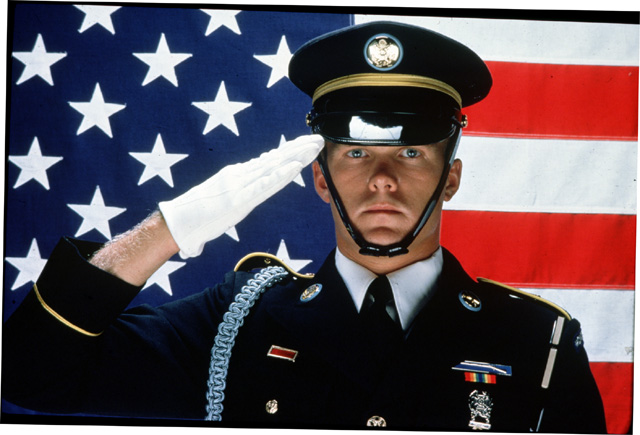
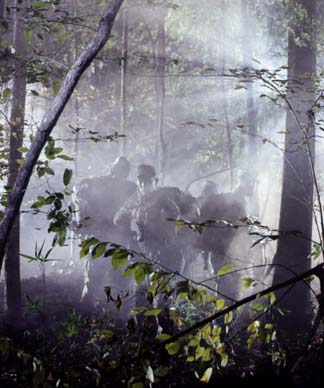
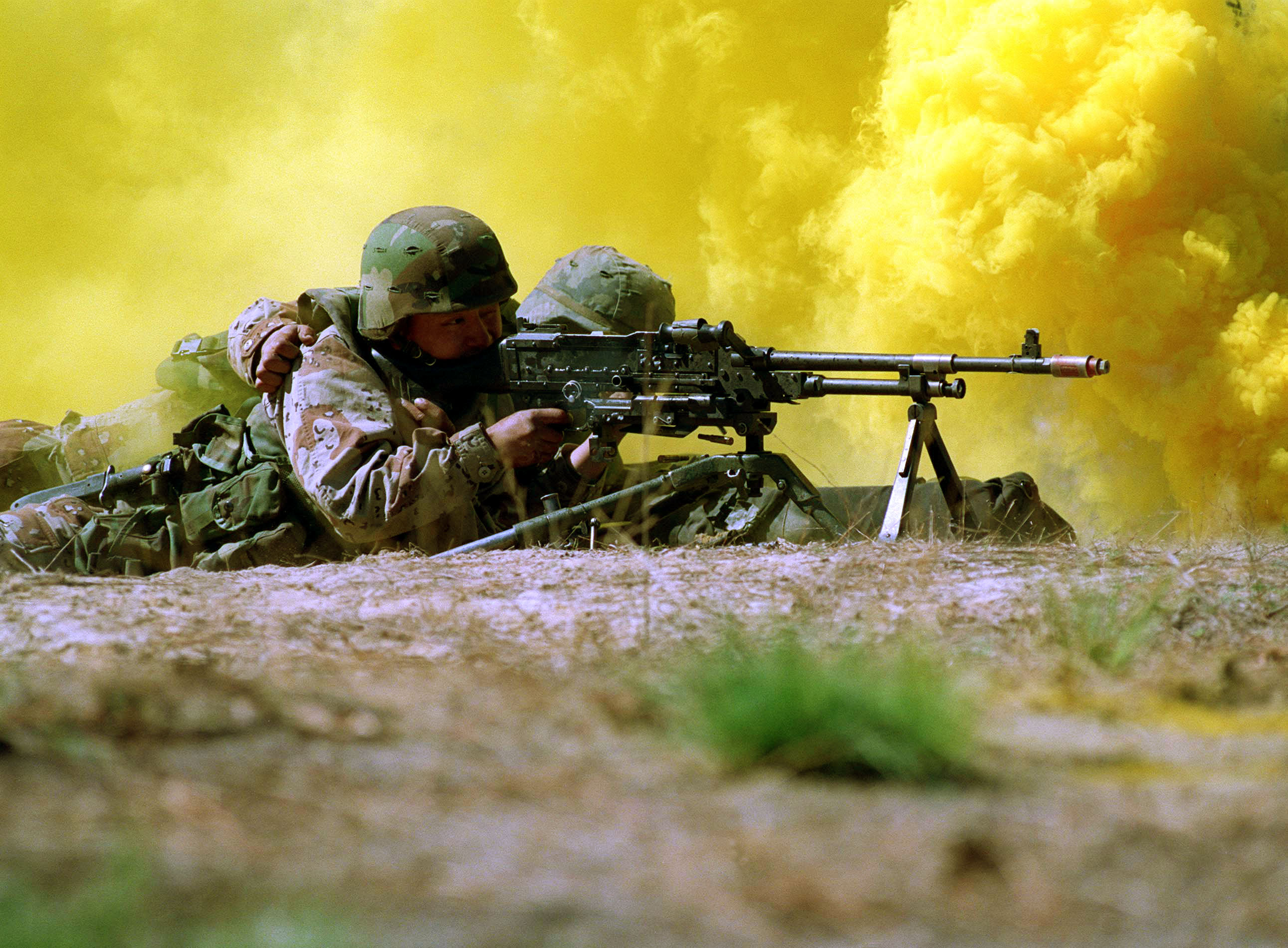
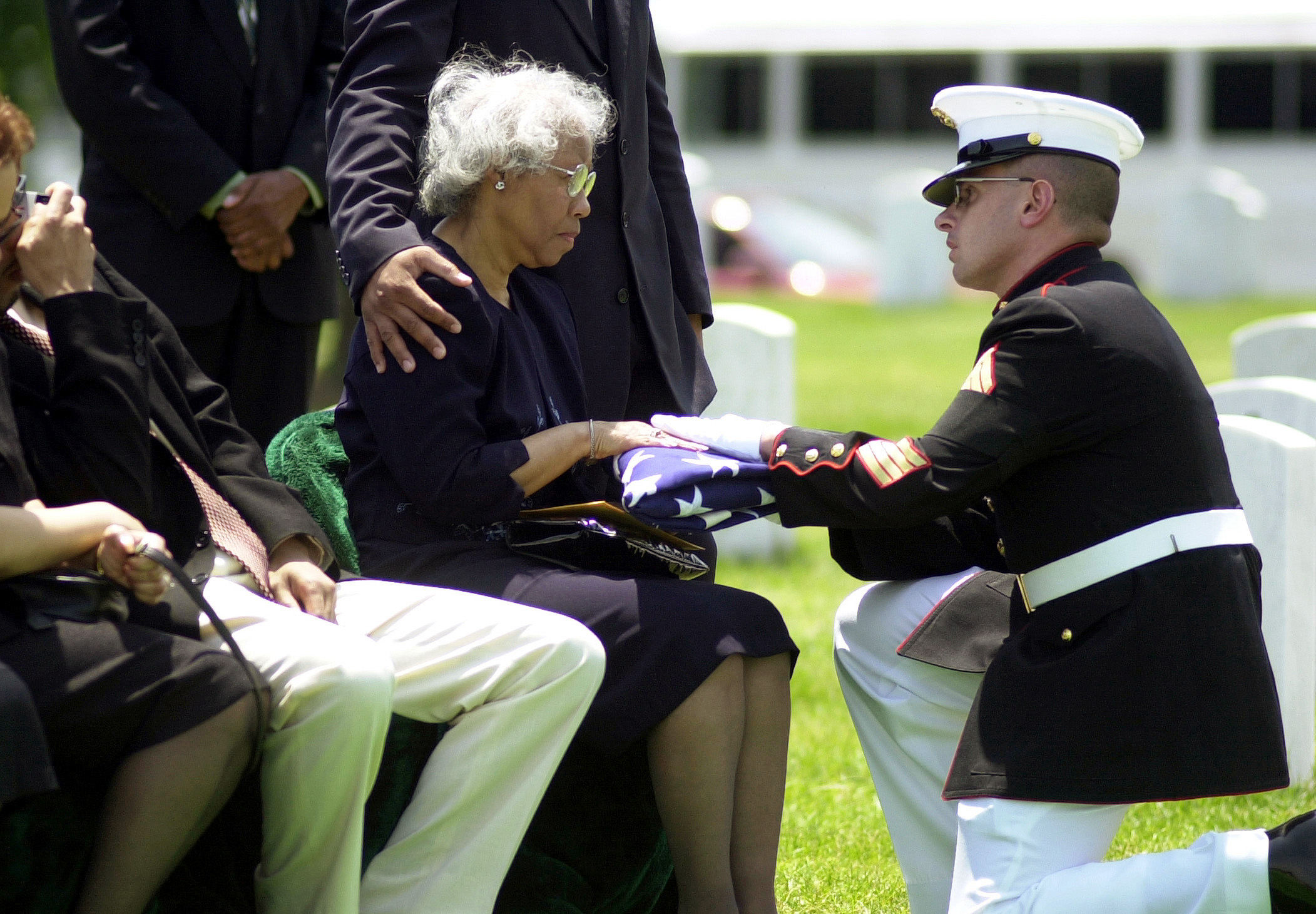
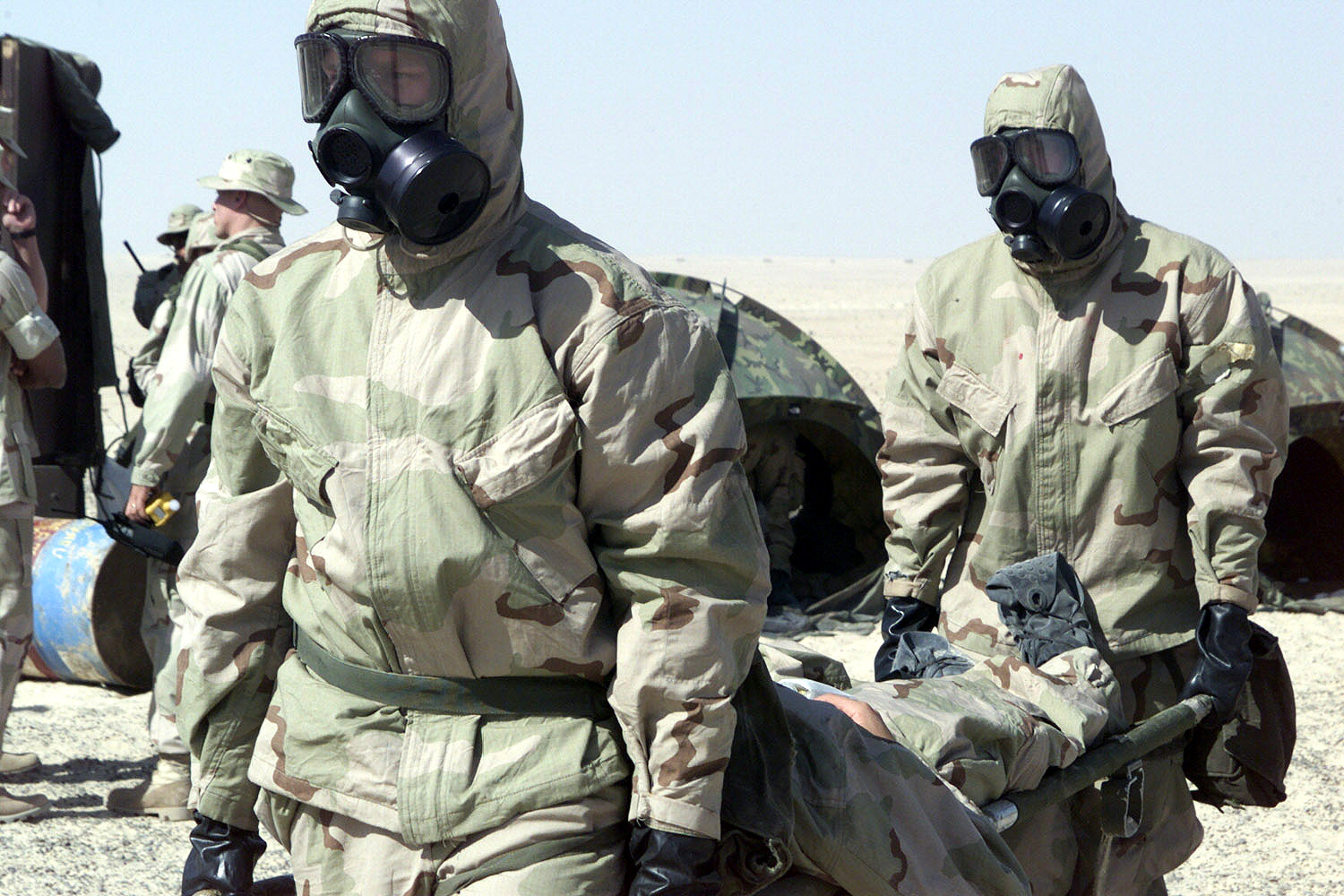
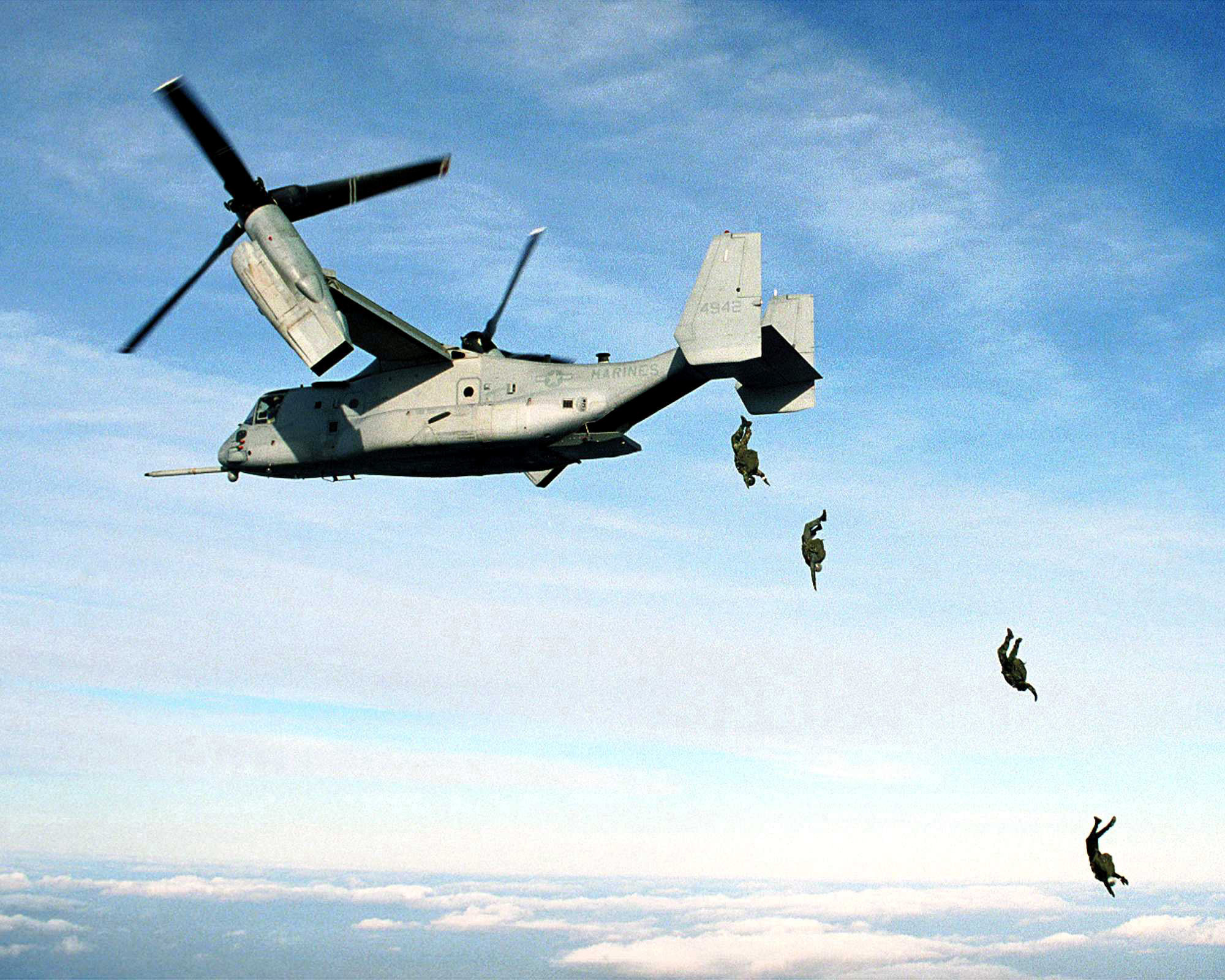
| 
| 
|

| 
|
Special Operations forces are well suited for locating Osama bin Laden as well as other Afghan forces if the US decides to punish the Taliban. Spec Ops troops are experts at working in small teams, conducting clandestine raids or reconnaissance missions and fighting in harsh environments for extended periods of time.
A key factor to the success of special operations in region will be good intelligence. It is uncertain if any of Spec Ops personnel knew how to speak Pashtu or Afghan Persian before shipping out. It is safe to say that if anyone in uniform knows either language, they would certainly "volunteer" for special operations duty.
Because it's the beginning of winter in Afghanistan, Spec Ops troops my have trouble getting into an area undetected as it's more difficult to literally cover your tracks in the snow. But our forces may have an advantage when it comes to camouflage (Afghan troops do not have winter camouflage) and detection (thermal imaging works better in the winter due to the contrast). Also, winter equals longer nights - the preferred time of operation for Spec Ops warriors.
| 
| 
|

